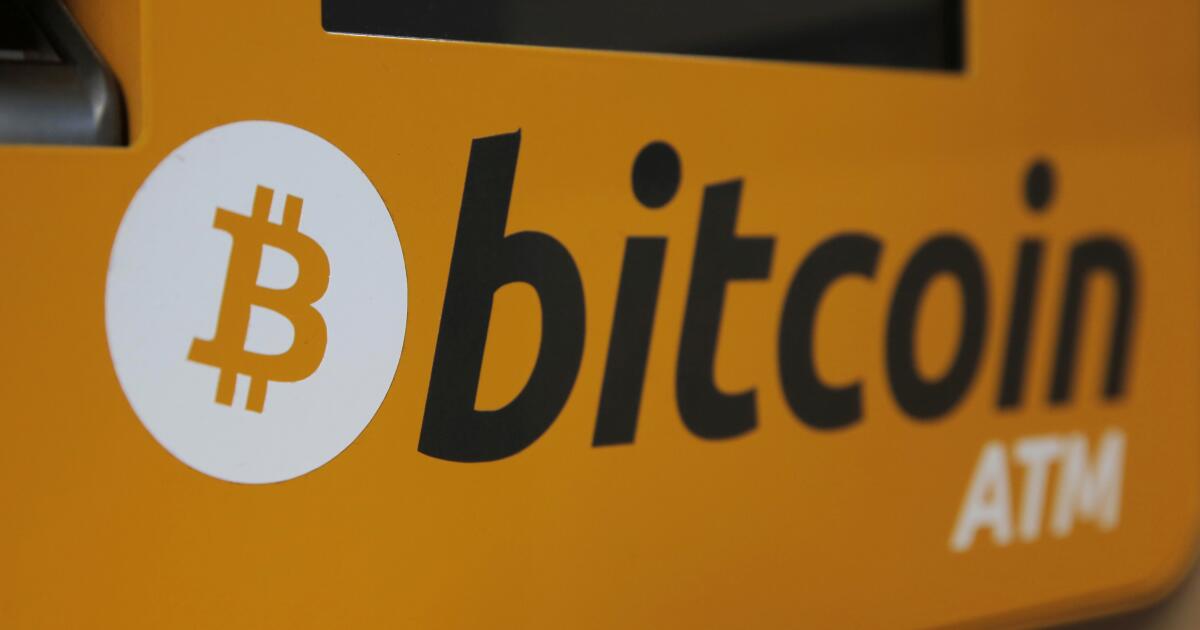New California law limits cash to crypto at ATM machines at $1000 per day per person and also the fees that can be imposed by the machines.
The industry says this will hurt the business, hinting that they’re profiting from the lack of KYC policies
I don’t see any legitimate use from those machines. Who would have a legit need to exchange $15k from cash to crypto at 33% fees???



All transactions are listed on the chain. All transactions can be linked to a wallet to prove the liquidity of the wallet.
Therefore all previous transactions made by a wallet are public record.
Not, anonymous.
The whole point of range proofs, and bulletproofs, is the ability to prove a transaction is balanced, without revealing the transaction history.
Ring CT, and key images, prevent double spend and prevents transaction history from being public.
I’ve given you the reference documents. If you’d like to read those documents and then discuss the details with me I will engage you in a reading group no problem.
But just repeating the same point back at me without reading what I’ve indicated or even acknowledging what I’ve said isn’t productive for either of us.
I want to thank you, however, I’ve been meaning to go through all of the paperwork on monero. And this gave me an opportunity to do so.
You are hinging the claim of non-anonymity on a previous transaction on the wallet having linked a real-world person to the wallet, but that is not a given. Additionally, you could simply use a new wallet for each transaction to avoid (or at least massively minimize) this.
I don’t like cryptocurrency, but your claim is kinda like saying that TLS between you and your bank is not secure because I shoulder-surfed you. That’s not a failure of TLS (or in this case, their anonymization system), it’s a failure of your own privacy practices.